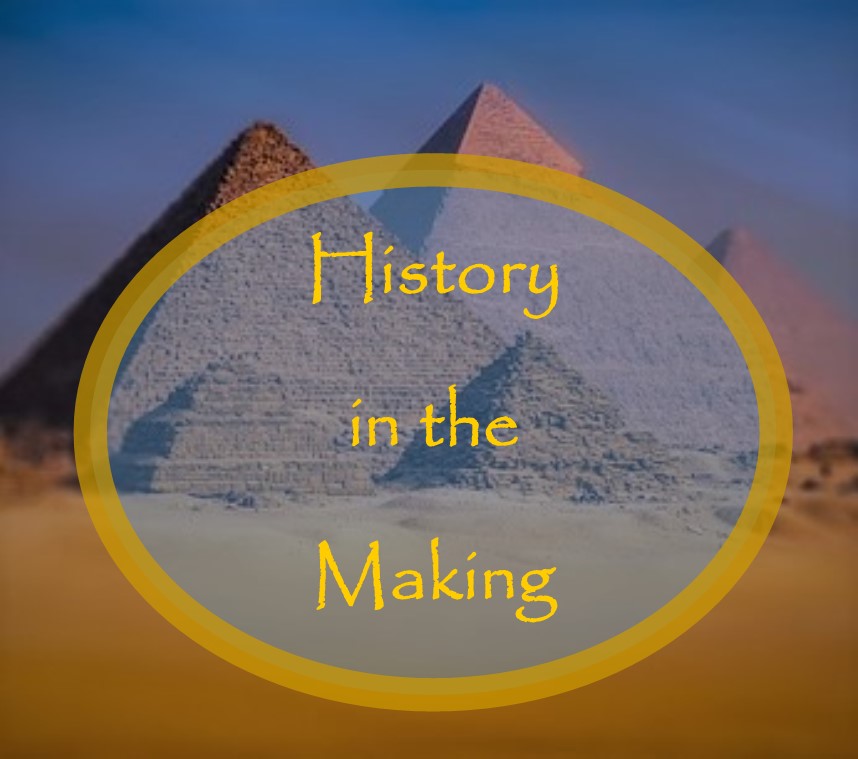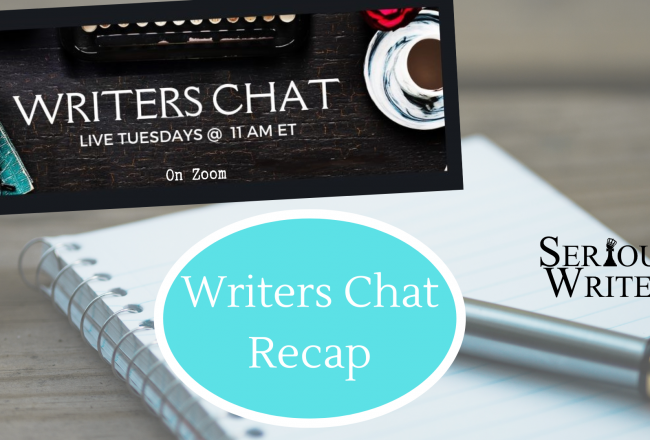
Don’t Rush the Process
Earlier this month, my friend suffered a stroke while working. He struggled with the effects of the stroke on…
September 29, 2024
Earlier this month, my friend suffered a stroke while working. He struggled with the effects of the stroke on…
September 29, 2024
I don’t know about you, but I’m not a huge fan of the spotlight. I’m completely comfortable speaking in…
September 28, 2024
The most difficult element to find in your book proposal is something that is missing or not there. I…
September 26, 2024
From the Publisher When young real estate agent Sandra Lejeune receives an anonymous letter threatening her family, she leaves…
September 21, 2024
Writers Chat, hosted by Johnnie Alexander, Brandy Brow, and Melissa Stroh, is the show where we talk about all…
September 20, 2024
Keeping some measure of focus is so important as a writer that you should even try to avoid distractions…
September 14, 2024
Serving Your Audience for Free Always Opens the Door to Opportunity You’ve created a paid program. “Now all you…
September 13, 2024
Once the dream book is finally contracted, the most important writing starts. Essentially what we write in preparation for…
September 8, 2024
Do you pay attention to expiration dates? They seem to be on everything these days, from perishable foods to…
September 6, 2024
Whatever you do, do it all for the glory of God. 1 Corthians 10:31 (NIV) What do dishes and…
September 4, 2024
Writers Chat, hosted by Johnnie Alexander, Brandy Brow, and Melissa Stroh, is the show where we talk about all…
August 31, 2024
Recently I talked with an acquaintance who has an epileptic family member. Lately, their family member suffered from intense…
August 29, 2024
Burnout. It’s a consequence of producing books that authors don’t always consider. Today’s authors must juggle multiple roles, and…
August 27, 2024
Last month I told you about how you can gather high profile endorsements for your book proposal. Check this…
August 26, 2024
Can you share a little about your recent book? Renewed Christmas Blessings, Compiled by Michele Rayburn. In this collaborative…
August 24, 2024
Readers, particularly romance readers, love stories that feel familiar—shorthand for they use tropes—but also seem new and bring a…
August 23, 2024
Do all of your sentences sound similar, or are you having difficulty transitioning from one scene to the next?…
August 22, 2024
For writers, opportunities wait behind the doors of the grocery store! A plethora of plots. Character reveals. Centuries of…
August 20, 2024
When you finally get time to write, you want to work in a space that is conducive to clear…
August 19, 2024
Writers Chat, hosted by Johnnie Alexander, Brandy Brow, and Melissa Stroh, is the show where we talk about all…
August 16, 2024
I heard comments/complaints in a writer’s group recently that “it is impossible to get your book into the library”…
August 8, 2024
A few years ago, I got to the point where I could not watch the evening news. It was…
August 6, 2024
A farmer went out to sow his seed. As he was scattering the seed, some fell along the path;…
August 3, 2024
Writers Chat, hosted by Johnnie Alexander, Brandy Brow, and Melissa Stroh, is the show where we talk about all…
July 31, 2024
After I hit my head earlier this year, it took me a few days to get back to my…
July 30, 2024
